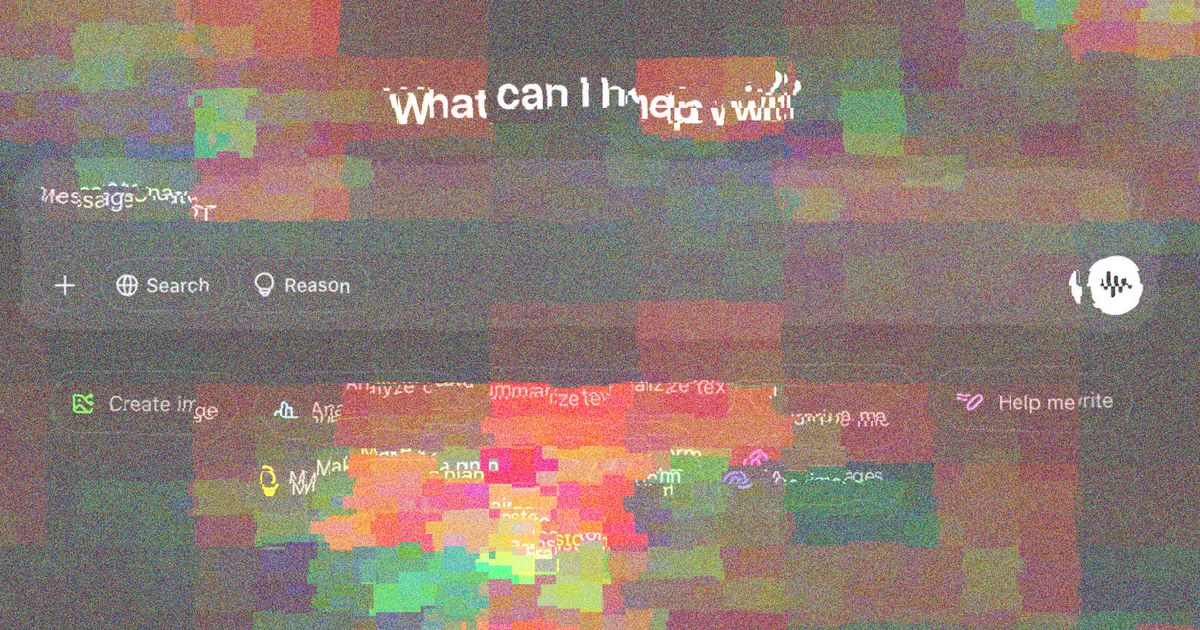
"Additionally, the research, which is mostly an attempt to classify and sort a large set of messages, was done substantially by OpenAI's own models, which both automated the process and, the researchers say, helped preserve user anonymity. "No one looked at the content of messages while conducting analysis for this paper," the researchers claim, although they did validate their automations against human analysis used in smaller previous studies we've talked about here before."
"With all that in mind, here are a few of the researchers' findings: as of July, 'about 70% of ChatGPT consumer queries were unrelated to work,' with non-work queries increasing faster. The three most common topics of conversation are what the company and researchers call Practical Guidance, Writing, and Seeking Information (which the company says 'appears to be a very close substitute for web search), with Computer Programming and Relationship and Personal Reflections making up a small percentage of messages."
OpenAI released a large deidentified dataset of ChatGPT messages for analysis. Automated models performed classification and anonymization of the dataset; automated outputs were validated against smaller human analyses and no human inspection of individual message content was reported. As of July, about 70% of consumer queries were unrelated to work, with non-work usage growing faster. The most common topics were Practical Guidance, Writing, and Seeking Information, with Computer Programming and Relationship/Personal Reflections each representing smaller shares. Within work-related queries, writing assistance—mainly text modification or editing—constituted the majority of requests.
Read at Intelligencer
Unable to calculate read time
Collection
[
|
...
]